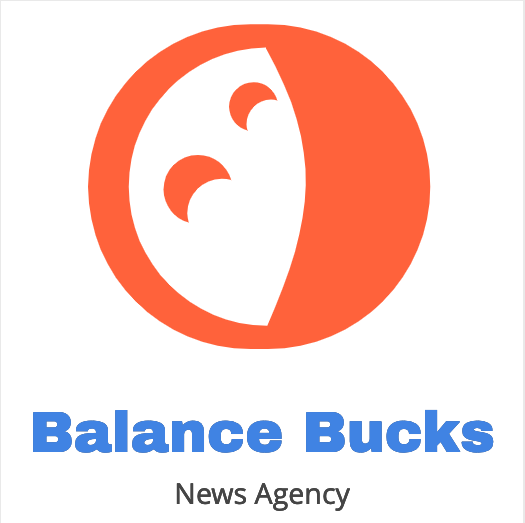1. Greater Global Presence
One of the biggest advantages of online advertising is its worldwide reach. Internet advertising is not geographically limited like newspapers, radio, or TV. Google Ads, Facebook, Instagram, and YouTube let you advertise to global audiences in a few clicks. Online marketing can target specific areas or cities to reach your local target market.
2. Budget-Friendly Marketing
Internet advertising is far cheaper than traditional advertising. Business can start small with a low budget and grow as profits rise. PPC models enable greater budget management because you only pay when someone clicks on your ad. Platforms also give granular data into which advertisements are doing successfully, helping you optimize expenditure for optimal ROI.
3. Accurate Targeting
One of the best things about web advertising is its demographic targeting. You may target advertising by age, gender, interests, behavior, location, and browsing history. This high level of customisation boosts the odds of converting potential consumers by showing adverts to those more likely to be interested in your products. A fitness company might target health-conscious people or fitness page followers.
4. Measurable Results
Online advertising delivers detailed information on ad performance, unlike traditional advertising. Track impressions, clicks, conversions, engagement rates, and more live. These insights let you assess campaign performance and make data-driven decisions. Google Analytics and Facebook Insights help you optimize your methods for better outcomes.
5. Quicker Effect
Online advertising works fast. After going live, your ad campaign instantly reaches your target demographic. This makes it excellent for time-sensitive promotions, debuts, and events. Online marketing may boost awareness and activity for flash sales and product releases. Businesses searching for rapid leads or website traffic may benefit from this immediate impact.
6. Greater Brand Awareness
Branding requires consistency. Online advertising keeps your brand in front of your audience. More consumers see your brand, the more they remember it. Seeing your brand often builds trust and familiarity, even if people don’t buy. Brand awareness and client loyalty improve with time.
7. Improved Customer Engagement
Clickable buttons, movies, and landing page links are common in online advertisements. They encourage people to interact with your content and investigate your products and services. Businesses may interact directly with potential consumers using social media advertising, which allow users to like, share, and comment. This engagement strengthens consumer connections and gives improved input.
8. Greater Control and Flexibility
Online advertising is more flexible than traditional techniques. Any time, you may change keywords, images, target demographic, or budget in your advertising. This real-time management lets you react swiftly to market developments, client input, and competition. A/B testing lets you compare ad variants to see which works better.
Conclusion
Online advertising is crucial for corporate success in an internet-connected world. Modern digital marketing techniques require it since it may reach a large audience, target particular demographics, produce quantifiable outcomes, and yield a high ROI. Online advertising has the capabilities and flexibility to help you grow brand recognition, leads, and sales. Businesses may stay ahead in a competitive industry and realize unlimited growth by using internet advertising.
